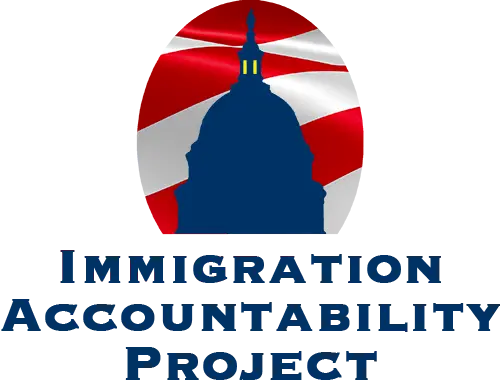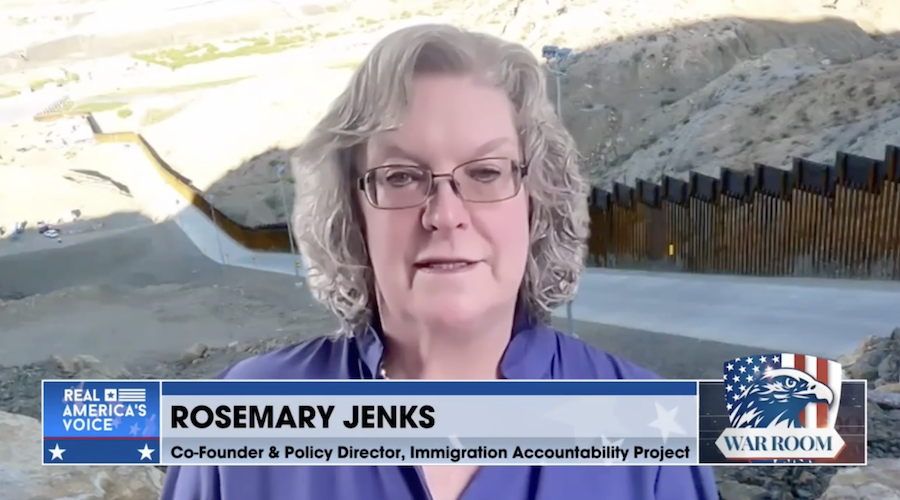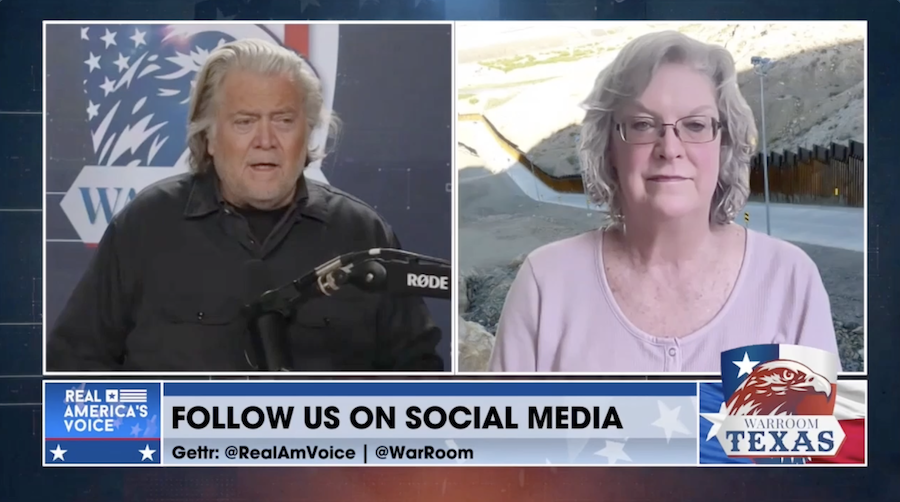
New executive actions address H-1Bs and launch 'Gold Card' program
Last Friday, the Trump Administration announced two new executive actions on immigration that deal with the H-1B visa program and the heralded “Gold Card” program.
The H-1B proclamation increases the filing fee for new applications from a few hundred dollars to $100,000. The H-1B program provides temporary guest worker visas to more than 100,000 foreign workers each year, many of whom work in STEM occupations.
It is often claimed that the H-1B visa program is used to hire “the best and the brightest” the world has to offer. However, in reality, it is often used by employers to undercut the wages of American workers by hiring cheaper foreign workers for entry-level jobs.
The new application fee will only apply to new H-1B applications for foreign workers who are outside the United States. It will not apply to visa renewal applications or applications filed for foreigners already in the United States seeking to switch from foreign student, OPT, or other temporary visas to H-1B. Thus, it will largely only affect the so-called H-1B “body shops,” like Cognizant, Infosys, and Tata, which apply for large numbers of foreign workers to contract out to other companies. Big tech companies like Amazon, Meta, and Microsoft, along with universities and nonprofits, will be less affected since many of their H-1B applicants are already in the United States on student or other visas.
The higher application fee will only be in effect for one year but may be renewed.
The Gold Card executive order attempts to facilitate the entry of individuals willing to pay a million dollars for a green card or if an employer is willing to sponsor an individual for $2 million. The program uses the existing employment-based green cards that are set aside each year for priority 1 (EB-1) and priority 2 (EB-2) foreign workers. These green cards are reserved for aliens with exceptional ability and advanced degrees. It is unclear whether the program will work within the confines of the law, but at least it is subject to existing numerical caps.
Immigration Articles
Trump asks Supreme Court to let him end birthright citizenship
Several months ago, the Supreme Court heard arguments on the birthright citizenship case, and IAP was honored to attend oral arguments. However, that case primarily centered on the issue of nationwide injunctions, not the merits of the President’s power to end birthright citizenship for illegal aliens and visitors to the United States. Just yesterday, the Trump Administration asked the Supreme Court to take up the merits of the case. While oral arguments wouldn’t be considered until next year, and a potential ruling wouldn’t be until the summer, it’s noteworthy that the momentum is finally building towards a case that we’ve wanted before the Court for decades.
Sen. Eric Schmitt Says H-1B Migrants Used to ‘Police’ Americans for DEI
In a bombshell letter released this week, Senator Eric Schmitt (R, MO) wrote to Director Edlow of USCIS about the fact that he discovered the H-1B program, in addition to being largely used to undercut lower-level workers, is being used for things like “diversity, equity, and inclusion” (DEI) roles. He wrote-
"In light of everything we know about [corporate] DEI, it’s alarming that American employers appear to be importing foreign workers to work in these [DEI] roles … where they are tasked with policing the speech and thought of our own citizens."
America’s guest-worker H-1B visas sought in some unexpected fields like journalism and pickleball
This week Stephen Dinan of the Washington Times, did his own breakdown of some of the ways the H-1B program is being exploited, with some commentary from IAP’s Director of Policy, Rosemary Jenks.
Next Week
The Senate returns Monday to vote (again) on the House-passed continuing resolution (CR) to fund the government into November. That CR seems unlikely to get the necessary seven Democratic votes needed to pass it. If it fails, the government will shut down at 12:01 a.m. on Wednesday. Punchbowl reported that Speaker Johnson is thinking about keeping the House out of town to maximize pressure on Senate Democrats next week.

Commentary - New Analysis Says H-1B Workers Driving Down Wages

Video - Rosemary Jenks: ICE/CBP status during DHS shutdown, H-1B & AI

Video - Rosemary Jenks: DHS Shutdown, H-1B visas, SAVE America Act

Video - Rosemary Jenks outlines the path to mass deportations

Video - Rosemary Jenks discusses Immigration Enforcement Options
